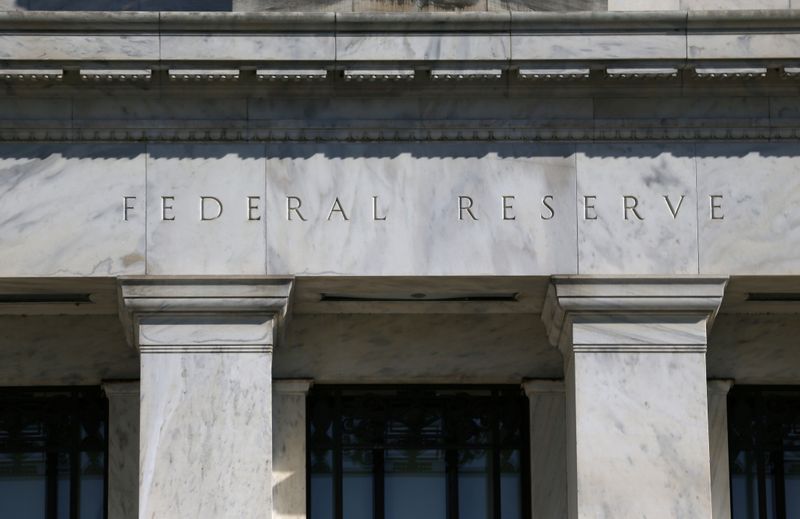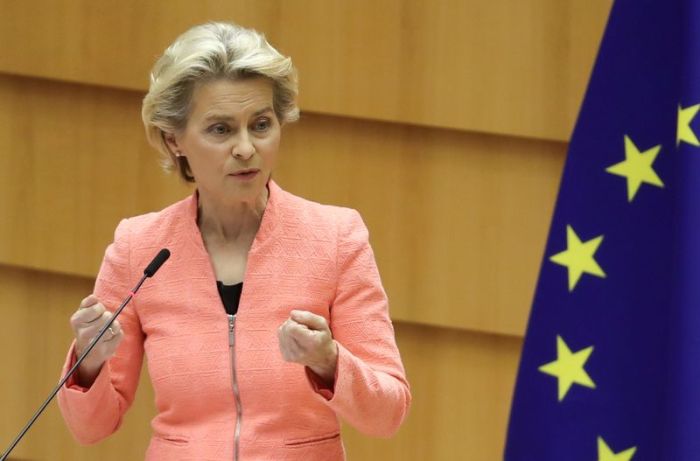WASHINGTON (Reuters) – The U.S. Federal Reserve boosted its view of the American economy’s recovery from the coronavirus crisis on Wednesday, projecting the pandemic will take a slightly smaller bite from the economy this year with three years of steady growth to follow.
In new economic projections released along with the U.S. central bank’s latest policy statement, Fed policymakers at the median see economic growth dropping by 3.7% this year, an improvement from the 6.5% drop projected in June.
Policymakers at the median also projected the unemployment rate will fall to 7.6% by the end of the year, well below the 9.3% jobless rate seen when Fed officials last issued projections in June.
The updated projections coincided with a shift in tone by the U.S. central bank and chair Jerome Powell that portrayed the country as gradually learning to accommodate a persistent health crisis and go about much of its business.
Things are by no means business as usual. Powell noted U.S. jobs markets are a “long way” from normal, and that large numbers of workers may be sidelined in industries like hospitality and leisure that face particular challenges in operating while the disease is still being spread.
But Fed policymakers also took note that the formal jobless rate has fallen faster than initially expected. The median policymaker projection sees the unemployment rate at 5.5% by the end of 2021 and 4.6% by the end of 2022 — still high compared with last year’s record low levels but more in line with past U.S. experience.
Inflation is expected to remain below 2% until 2023. The Fed last month unveiled a new strategy that pledges to lift inflation above the 2% level to make up for years of undershooting that target.
(This story corrects to add missing word to headline)
(Reporting by Howard Schneider and Jonnelle Marte; Editing by Paul Simao, Andrea Ricci and Jonathan Oatis)






















